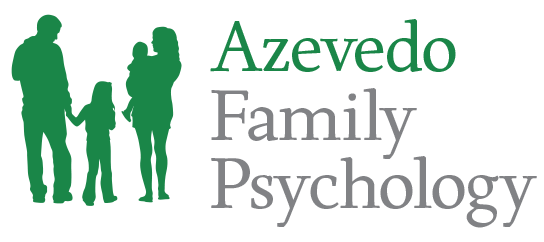
Relationship Roadtrip (Ep. 22)
July 22, 2020
Relationship Roadtrip (Ep. 23)
July 30, 2020“The party told you to reject the evidence of your eyes and ears. It was their final, most essential command.” – George Orwell, 1984
1984 is fundamentally a book about politics, but how its fascist antagonist manipulates and lies to its citizenry is eerily similar to many abusive partners. Gaslighting is one of the cruelest, most sinister tactics in an abuser’s repertoire. Like 1984’s ruling “Party,” it is designed to make a victim forget they are a victim, and therefore rob them of their agency.
What is Gaslighting?
Gaslighting is the practice of feeding small bits of misinformation or outright lies to someone in order to make them doubt their own sanity, memory, or even perception of reality. Because these lies come from someone the victim trusts, they are more likely to fall for them. The person may be a parent, significant other, or coworker.
Psychologist Elinor Greenberg identified three primary goals of gaslighting:
- The abuser may lie about things they’ve done, or question a victim’s perception of those things.
- The abuser may want to change a victim’s behavior to suit their needs, or to make them feel that they aren’t good enough.
- The abuser may try to seclude them from friends or family; when seen as the sole source of truth or consistency in a victim’s life, gaslighting is more effective.
The term originates from a 1938 play, fittingly titled Gas Light, about a manipulative husband.
Examples in Relationships
So how does gaslighting manifest? It can be both overt and innocuous.
- Hiding things from someone and then pretending they didn’t, or don’t know what happened to them.
- Denying obvious truths; for instance, if a victim overhears a conversation about an affair, deny the conversation happened and say they’re imagining things.
- Dismissive language, such as “don’t be so sensitive” or “you’re being paranoid” that attempts to minimize the victim’s feelings.
- Outright verbal abuse that abusers attempt to write off as jokes.
Effects and Treatment
Gaslighting may make a victim feel dependent on their abuser, or to only trust their version of the truth. It can make someone feel weak, powerless, or even insane because they “ignore the evidence of their eyes and ears.”
Even after escaping abuse, victims of gaslighting may continue to doubt themselves, have low self-confidence, or suffer lifelong anxiety, depression, and/or PTSD.
Cognitive behavioral therapy is critical for victims of abusive relationships, be they romantic, familial or otherwise. You deserve the confidence to believe in yourself and regain your agency and inner strength. Azevedo Family Psychology can help you rebuild by understanding your trauma, triggers, and how to react to these behaviors. Contact our team today.




